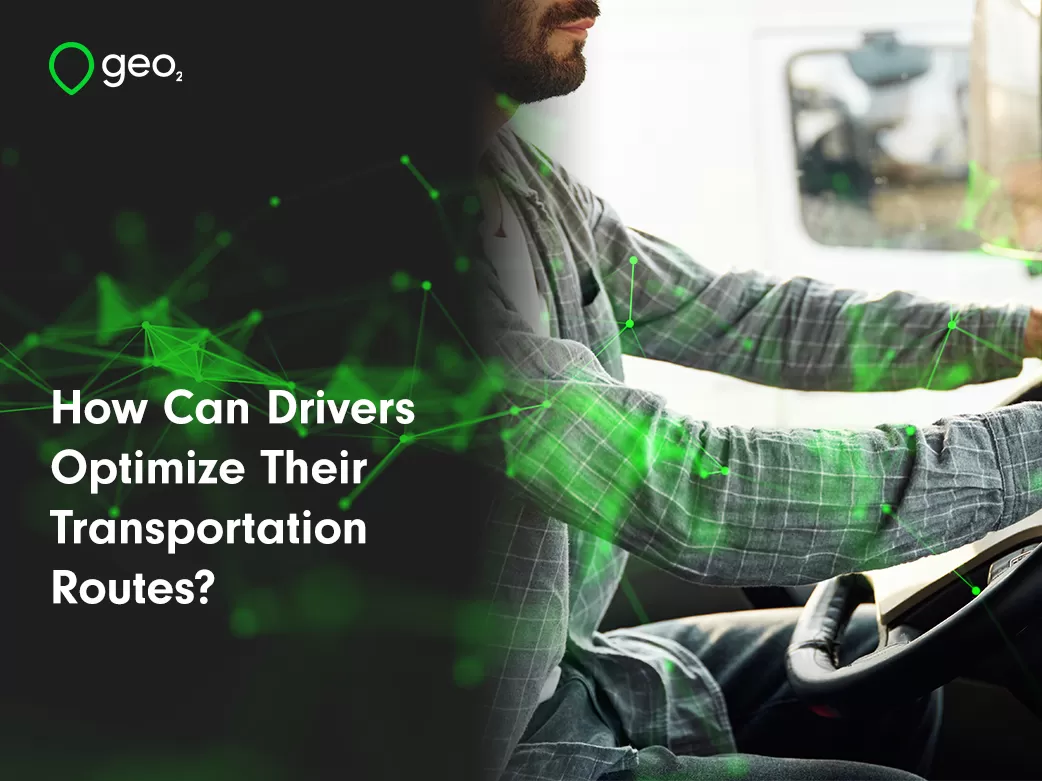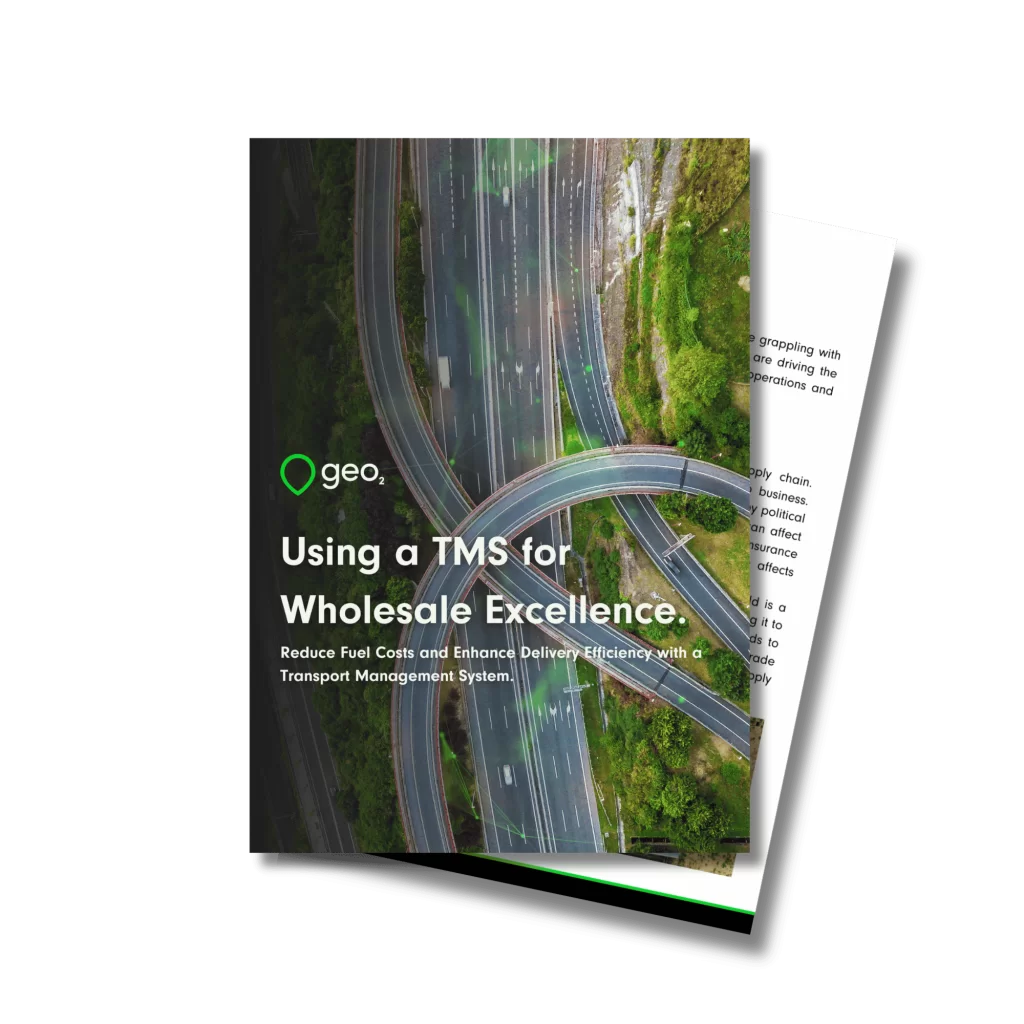
Need It For Later?
Download Now.
Using a TMS for Wholesale Excellence.
Introduction.
The wholesale market is vast and highly lucrative, projected to be worth $68.1 trillion globally by 2028. Wholesalers play a crucial role in the global supply chain by bridging the gap between manufacturers and consumers. They ensure that goods are efficiently distributed, maintaining stock for national, regional and local markets. By buying in bulk, they secure good pricing terms and are able to hold substantial levels of stock and facilitate speedy delivery to retailers.
For the retailers they serve, this supply chain model has benefits too. It eliminates their need to tie up too much money in holding stock and provides them with rapid availability and reduced lead times. However, the modern wholesale landscape is fraught with challenges. Wholesalers now face squeezed margins, unpredictable trade partners and rapidly changing consumer preferences, all of which threaten their traditional role in the supply chain.
To overcome these challenges and remain competitive, wholesalers need to minimise inefficiencies and reduce costs. One effective strategy is the implementation of a Transport Management System (TMS). A TMS can optimise routes, enhance logistical efficiency and ultimately minimise transport costs, enabling wholesalers to quickly adapt to contemporary pressures and continue to profitably maintain their critical position in the supply chain.
Table of Contents.
Key Challenges Facing Wholesalers.
Despite their pivotal role in the supply chain, wholesalers are grappling with a range of challenges. Here are some of the pressures that are driving the industry, requiring wholesalers to further streamline delivery operations and increase efficiency as they strive to remain competitive.
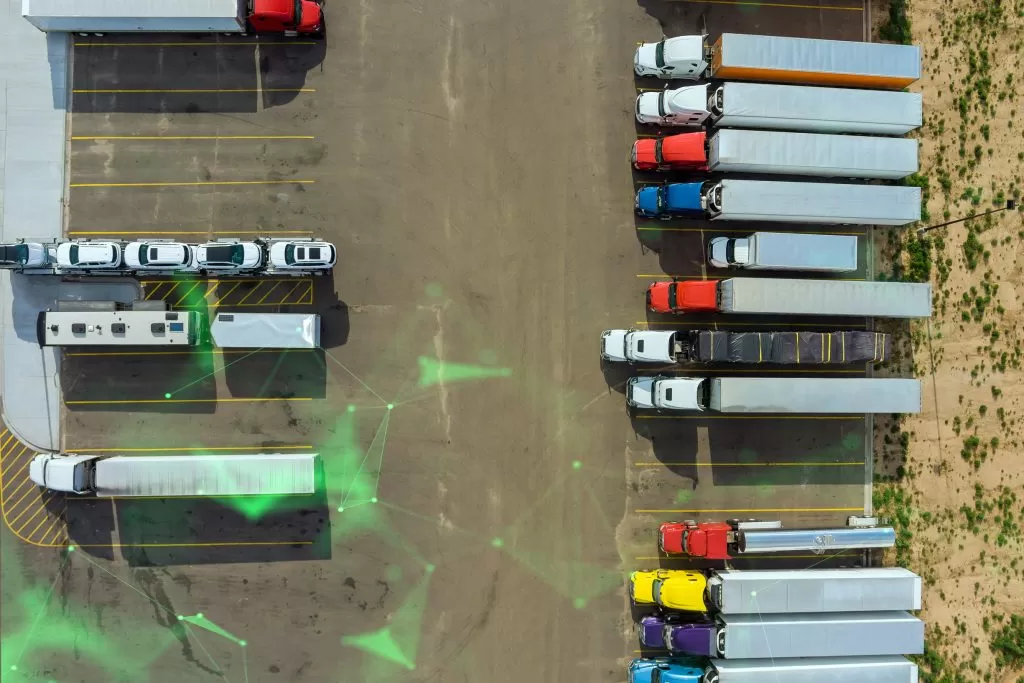
Supply Chain Disruptions.
Geopolitical events and instability can critically affect the supply chain. Wholesalers that trade across borders can find it harder to do business. Trade can be hampered in war-torn regions, in countries affected by political tensions and by piracy against cargo ships. These circumstances can affect financial markets and impact the prices of raw materials, goods, insurance and transport. They can also extend freight transport times, which affects both pricing and order fulfilment speed.
Natural disasters, too, can add to supply chain headaches. The world is a volatile place and wholly unpredictable events can hinder trade or bring it to a total standstill. From weather events that cause landslides and floods to natural phenomena like earthquakes and volcanoes, wholesalers that trade in affected areas need to develop contingency plans and mitigating supply chain strategies in order to ensure continuous operations.
The impact of these natural disasters goes beyond the immediate disruption, though. This was clearly illustrated by the COVID-19 pandemic, which fundamentally altered consumer buying behaviour. With retail outlets closed, people increasingly relied on ecommerce and home delivery. While some of the increased online trade has since reverted to traditional outlets, the pandemic caused a lasting shift, with many more consumers buying online – often directly from manufacturers. Additionally, consumers have become accustomed to receiving their goods quickly, which puts further pressure on wholesalers.
The pandemic lockdowns decimated retail and hospitality as a result of the enforced closure of restaurants and shops. Since then, the cost-of-living crisis has deepened those impacts. There has been a sharp reduction in expenditure on hospitality and luxury goods, leading to a downturn for many suppliers. Consequently, wholesalers in these sectors in particular have faced significant financial challenges.
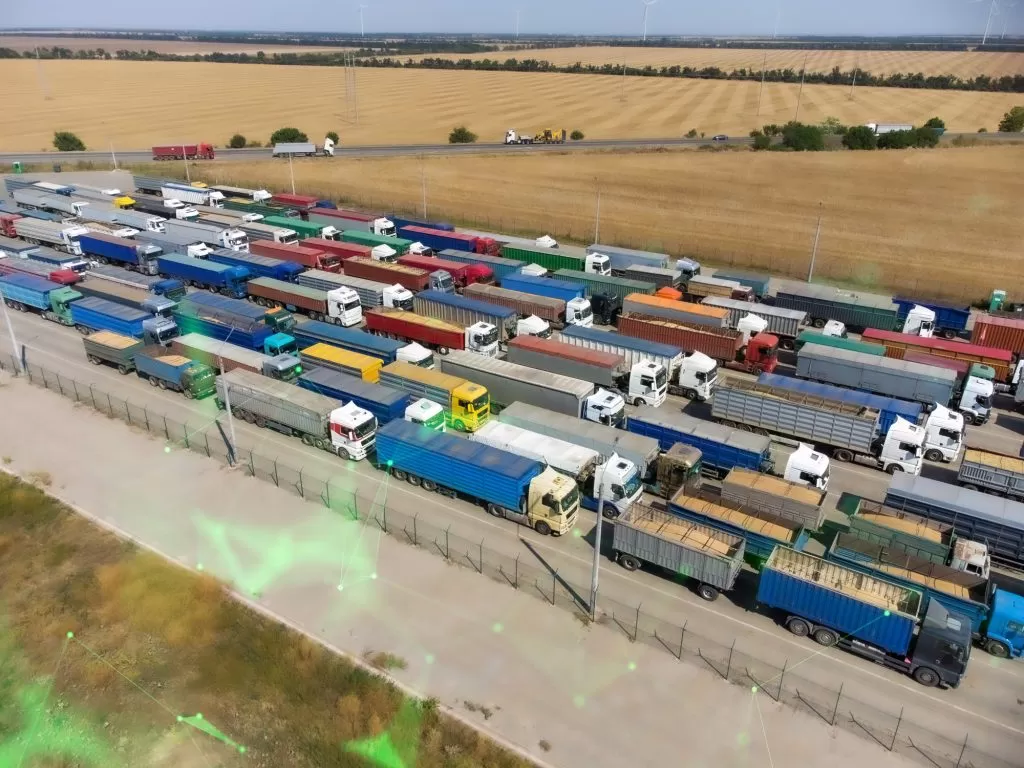
Regulatory Changes and Impositions.
New tariffs and trade barriers can increase costs and reduce competitiveness. For UK-based wholesalers, Britain’s exit from the European Union has brought changes to trade policies and agreements. The revised trade regulations have created additional paperwork and introduced new checks on some products. This has meant customs delays for those trading with the EU – regardless of whether they are importing or exporting.
Additionally, since Brexit, the UK has been trying to secure trade agreements with a number of countries. Some of these trade talks have failed or have not yet been resolved – for example, trade talks with Canada have been halted and no deal has yet been reached with either India or the US. The absence of a free trade agreement means that wholesalers exporting certain goods to these nations may be subject to tariffs.
Some wholesalers are now subject to stricter environmental regulations, which can increase their operational costs. New frameworks have been introduced, such as the Corporate Sustainability Reporting Directive (CSRD), which requires larger companies to invest in sustainable practices and to comply with rigorous reporting standards. This can mean a greater admin burden in calculating emissions, for example.
Economic Pressures.
Economic recessions can have a profound impact on wholesalers by reducing demand for products, which in turn reduces income and squeezes profit margins. During economic downturns, consumer spending decreases, leading to lower sales volumes and heightened competition among wholesalers.
Currency fluctuations also pose significant challenges. Changes in exchange rates can directly affect the cost of goods sourced internationally. Many wholesalers procure bulk goods from China, where fluctuations in the exchange rate with the yuan can lead to unpredictable costs. When charging in pounds, Euros or US dollars, Chinese manufacturers will often build in a buffer to protect themselves from exchange rate volatility. This requires wholesalers to closely monitor exchange rates to determine the most cost-effective currency in which to make their international payments.
Inflation further exacerbates the pressures on wholesalers. The rising costs of goods and transportation can erode profit margins, making it harder for wholesalers to maintain competitive pricing. As the costs of raw materials and fuel increase, wholesalers are often forced to either absorb the additional expenses or pass them on to customers, each of which can negatively impact their business.
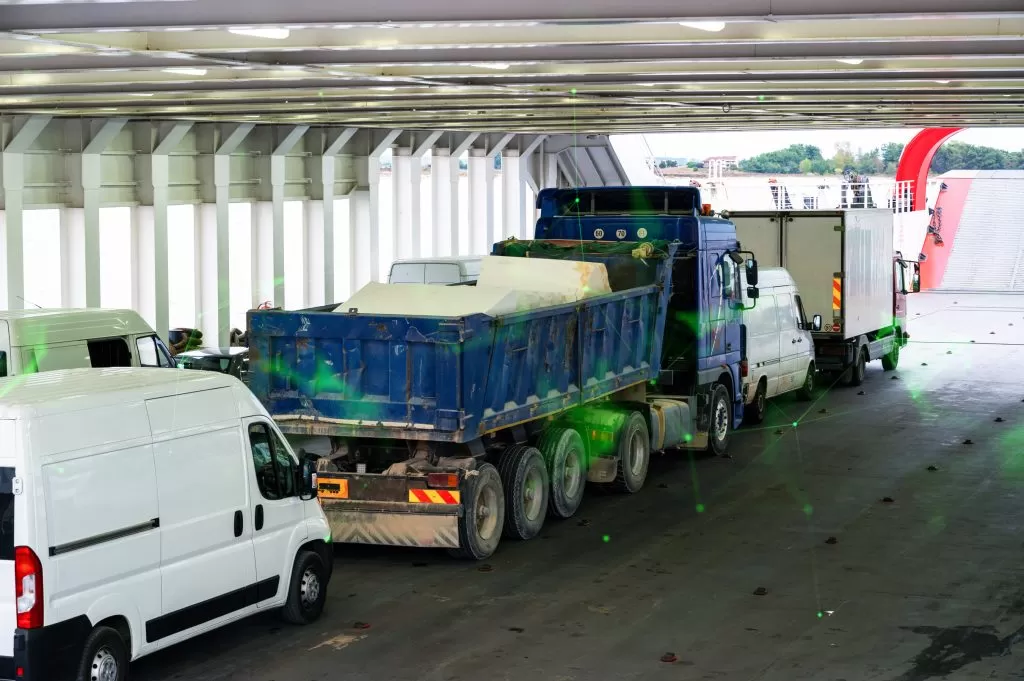
Growing Competition and Disintermediation.
Wholesalers face intense competition. There may be many similar products available or identical products sold by other wholesalers. With everyone fighting for the same customers, price competition is high.
But competition is also becoming fiercer due to the changing character of the sales channels that make up the supply chain. Wholesalers need to be prepared to protect themselves against four main areas of concern.
The Rise of Direct to Consumer (D2C) Selling.
The rise in ecommerce has brought a trend towards disintermediation. Suppliers and manufacturers have spotted that there is potential to earn additional revenue by bypassing traditional wholesalers and selling direct to consumers.
With fewer intermediaries, the competition in the market is heightened, so to ensure they don’t miss out on business, wholesalers need to end any over-reliance they have on existing customers or even set up their own D2C channels.
Losing Sales to Buyer Groups.
Where manufacturers do not sell directly to consumers due to minimum order requirements, customers are increasingly joining forces to purchase in bulk. By forming buying consortiums, they can pool their requirements and meet these minimum purchase volumes.
By effectively bypassing two levels of markup – from the retailers and the wholesalers – customers are able to buy at more advantageous prices than they would otherwise achieve.
Increased Competition from Retailers.
In some markets, retailers have started to act more like wholesalers, increasing the competition. Supermarkets in particular have consolidated with suppliers to form strategic alliances that have streamlined their operations, reduced costs and enhanced their market power. This type of consolidation blurs the traditional boundaries between suppliers and retailers, creating vertically integrated companies that control multiple stages of the supply chain and freeze out the wholesalers.
The Shift to Centralised Procurement.
These days, larger retailers rarely purchase at a regional level. Instead, most large companies purchase on behalf of all their outlets via head office procurement departments. This gives the retailers greater influence, allowing them to buy at more favourable rates.
While this may actually benefit the larger wholesalers, it can squeeze out the smaller ones that are not able to compete on price.
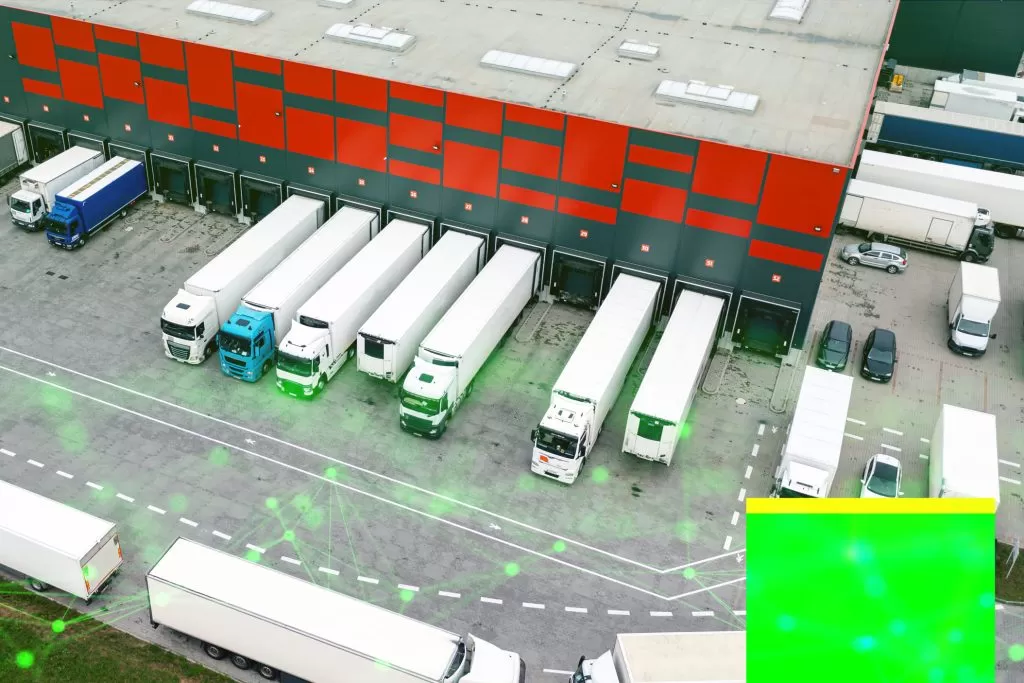
Technological Advancement.
Keeping up with technological innovations is crucial for wholesalers, but it necessitates ongoing investment. Wholesalers that embrace and continuously improve their technological capabilities are able to cut costs, enhance productivity and boost their margins – making them more competitive in the market. Implementing technologies such as warehouse management systems, advanced data visualisation and analytics and efficient transport management and logistics solutions allows forward-thinking wholesalers to streamline operations and respond swiftly to market demands.
Conversely, lagging in technology adoption can severely impact a wholesaler’s operational efficiency and competitiveness. Failing to invest in the latest technologies disadvantages companies and can mean struggling with higher operational costs and slower processes and an inability to meet customer expectations effectively.
Changing Customer Demands.
Customer expectations have increased significantly over the past years as new buying habits have reshaped the retail landscape. End customers are increasingly purchasing from non-traditional retailers, such as Amazon and other ecommerce platforms, which have seen enormous growth. These consumers now demand very rapid and convenient delivery, with some suppliers even offering same-day delivery.
As a result, wholesalers need to supply their retailers swiftly to help them meet these heightened expectations and remain competitive. Retailers are therefore demanding ever faster delivery from wholesalers to help them cater to the growing demands of their own customers. This puts pressure on wholesalers as they try to balance quick and efficient delivery that will help their retailers with the simultaneous need to cut their delivery costs.
High Fuel Prices.
Fuel prices jumped to an all-time high in mid-2022 following Russia’s invasion of Ukraine. Since then, they have risen and fallen several times but are still high. This is partly because Fuel retailers have taken the opportunity to gradually increase their margins, offsetting the reduction in fuel duty. Ultimately, customers have not seen a decrease in prices, which has significantly affected wholesalers since fuel costs represent such a large proportion of their overall expenses.
Wholesalers cannot always pass on these increased fuel costs to their customers. To stay competitive, therefore, they must find other ways of reducing fuel expenses. They need to optimise delivery routes, improve delivery schedules and employ more efficient logistics strategies.
Revenue and Cash Flow Impacts.
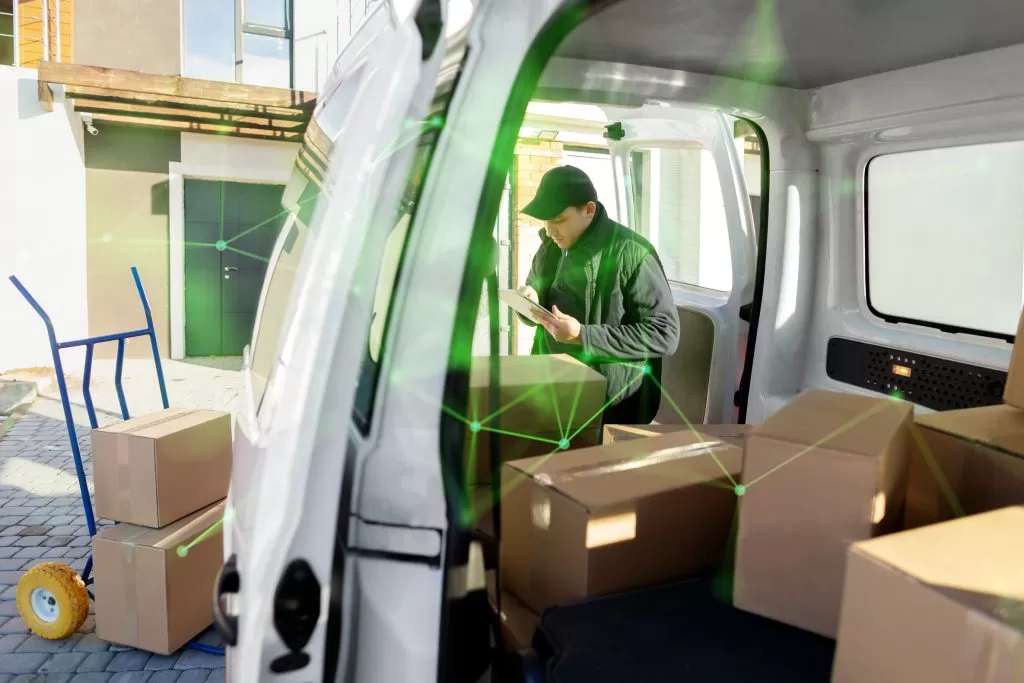
Wholesalers are subject to significant financial impacts, particularly in terms of cash flow. Their large purchases tie up substantial sums of money in stock, which can strain cash flow. To stay competitive and meet the needs of their retailers, wholesalers not only need to price their products competitively, but they also need to be flexible with payment terms, offering stage payments, sale or return agreements or commission-based sales, for instance.
While these strategies can attract and retain customers, they also pose challenges. Flexible terms can delay cash inflows, while sale or return agreements and commission-based sales make for unpredictable revenue streams. To maintain profitability and ensure a healthy cash flow, wholesalers need to closely manage these financial complexities by balancing the need for competitive pricing with the realities of maintaining liquidity and financial stability.
Scaling Operations to Match Growth.
The surge in online retailing and the competition from giants like Amazon, particularly during and after the pandemic, has forced wholesalers to rapidly scale their operations. To meet the skyrocketing demand, wholesalers have had to expand in all areas of their business, including in the warehouse, across admin and office staff and, in many cases, their in-house fleets.
However, many wholesalers are now struggling to keep pace with their expanded operations. They need to ramp up their admin processes and upgrade their technological systems to manage the increased size of their operations, which in many cases now have more personnel, more warehouse storage space and more vehicles.
Scaling profitably remains a significant challenge. While increased business is beneficial, it also brings higher costs for labour, premises, utilities and vehicles. Wholesalers must carefully manage these costs to ensure that their growth remains sustainable and profitable.

The Benefits of Implementing a TMS for Wholesale.
As a wholesaler, successfully counteracting the pressures you face allows you to better compete with others. Achieving this requires you to ensure fast delivery times and provide excellent customer service.
You can improve delivery efficiency using a transport management system, which streamlines your delivery processes, reduces shipping errors, optimises routes and lets you and your customers track deliveries in real-time. This enables you to cut delivery times, thereby strengthening relationships with the retailers you serve.
Geo2 offers a suite of features designed to help you overcome many of the pressing challenges you face today. Here’s how Geo2 can address the key issues in the wholesale industry.
Optimised Route Planning and Scheduling.
With Geo2’s route planning and optimisation, you can adapt quickly to supply chain disruptions caused by geopolitical events, natural disasters or other unforeseen circumstances.
By optimising routes for the fastest time and lowest fuel usage, Geo2 helps ensure timely deliveries, even where standard supply routes are compromised. Using Geo2’s map-based interface ensures your drivers will take the most efficient routes, reducing their travel time and fuel consumption.
With features like priority scheduling, multiple drops and unlimited routes, you can be flexible and adaptable for various delivery scenarios. You can also assign loads by capacity, so that the right items are carried in the most appropriate vehicles, optimising your available vehicle space.
Your fleet drivers will beat the traffic and be able to make more deliveries in less time, which minimises the impact of disruptions, keeps your retailers happy and reduces your fuel costs.
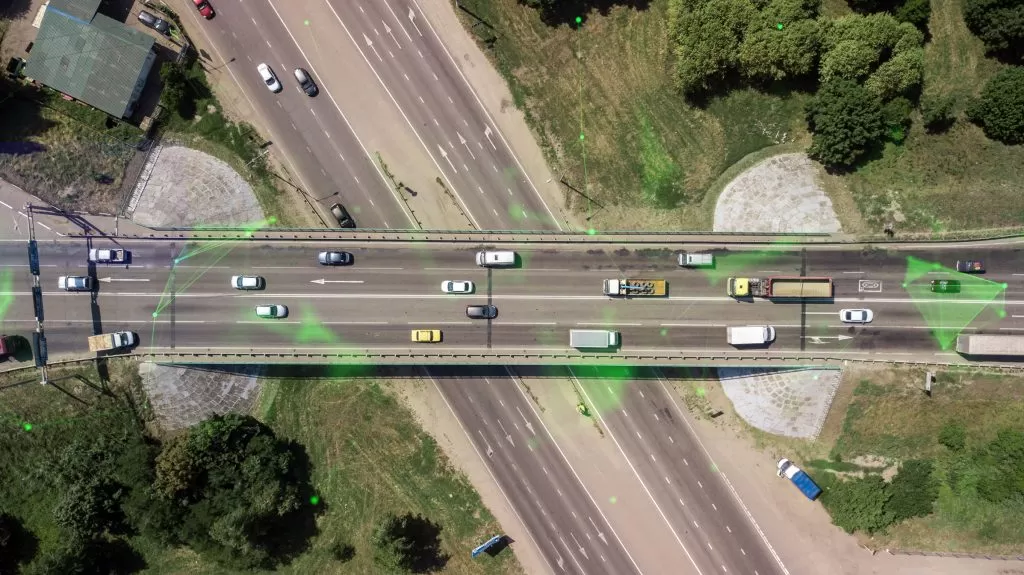
Fuel Efficiency and Cost Reduction.
With enhanced route planning, you can be sure that you are limiting fuel consumption across your fleet, thereby mitigating the effects of rising fuel costs.
Geo2 makes your delivery operations more efficient and cost-effective, allowing you to maintain competitive pricing. Retailers will be more inclined to partner with you, knowing that you can keep costs low while ensuring timely and reliable deliveries. This enhances your attractiveness as a wholesaler but also fosters stronger, long-term relationships with your retailers.
Real-Time Tracking and Dynamic Adjustments.
Geo2’s live tracking capabilities provide exceptional visibility, allowing you to monitor the real-time locations of your drivers. You can dynamically adjust routes and schedules to boost efficiency or to urgently prioritise delivery to a certain customer.
You can automatically provide live tracking links and delivery updates – via email or SMS – to your retailer customers. This allows them to track their deliveries in real time and schedule or plan receipt as appropriate. Accurate ETAs and live updates enhance customer satisfaction and help engender loyalty.
Advanced Proof of Delivery.
Using Geo2’s mobile app, your drivers can capture proof of delivery. The app records verifiable proof of delivery through barcode scanning, photo capture, signature collection and GPS logging.
Capturing photographs of delivered goods is particularly beneficial in preventing fraudulent return claims. With concrete evidence that a delivery was undamaged or that fresh produce was delivered in excellent condition, wholesalers can significantly reduce the need for unnecessary refunds. This solid verification helps resolve any delivery-related disputes, protects you from unwarranted financial losses and enhances your reputation for reliability and accuracy.

Scalability for Business Growth.
Whether you run two vehicles in your fleet or more than 500, Geo2 scales as your wholesale operation grows, accommodates your growing fleet to support your business growth and maintain your efficiency during your expansion.
Per user billing offers you the flexibility and efficiency to scale seamlessly with your expanding wholesale operation, allowing you to manage increased demand effectively while upholding performance levels.
Data Analysis and Reporting.
Geo2 offers robust data analysis and reporting capabilities, empowering you with real-time insights and comprehensive analytics. The customisable dashboard allows you to monitor key metrics such as route timings, distances travelled and fuel consumption. With drag-and-drop charts and detailed analytics by area, date or driver, you can make informed decisions that will optimise your operations and enhance efficiency.
Geo2 also helps you meet Corporate Sustainability Reporting Directive (CSRD) regulations by accurately calculating your fleet’s CO2 emissions. Aside from ensuring your compliance with environmental regulations, it also supports your commitment to sustainable practices by helping you to reduce your environmental impact and prove your sustainability credentials.
Technological Integration and Support.
Geo2’s web-based interface and mobile app make it easy for you to adopt and benefit from the latest technology. The software is continually developed and improved, providing constant technological innovations that support your operation.
Larger wholesalers that require customisation options can integrate their existing systems using the API. By integrating with your ERP and WMS software, you benefit from smooth data transfer and greater automation. Manual data entry is reduced, which minimises errors and streamlines processes, delivering high levels of operational efficiency and helping control your costs and improving your profit margins.

Conclusion: Make a Wholesale Transformation with Geo2.
In the face of economic pressures, supply chain disruptions and growing competition, wholesalers are severely challenged in their ability to meet retailers’ demands profitably. Investing in a robust TMS like Geo2 provides the vital tools wholesalers need to transform their challenges into opportunities for efficiency and growth.
In an environment characterised by high fuel prices and stringent regulatory requirements, flexibility and responsiveness are crucial. Geo2 empowers wholesalers with advanced route planning, real-time tracking and comprehensive data analytics. These features help wholesalers to optimise their delivery operations, respond swiftly to disruptions and make informed decisions that can increase revenue and profits.
Geo2 ensures that deliveries are timely and cost-effective. Its proof of delivery and tracking capabilities improve accountability and reduce fraud, while emissions tracking helps wholesalers meet CSRD regulations.
Adopting a TMS like Geo2 is not just about addressing current challenges, but also about future-proofing operations. Geo2’s scalable and continuously improving platform equips wholesalers to expand their operations efficiently and refine their processes as they strive to stay ahead in a changing and competitive market.
By ensuring accurate, on-time deliveries and maintaining high service quality, Geo2 gives wholesalers the tools to build and retain customer trust, helping them develop successful long-term relationships with their retailers.
Ultimately, Geo2 supports wholesalers in managing their complex logistics, ensuring delivery targets are met and high service standards are maintained. In using Geo2, wholesalers can achieve sustainable growth and drive long-term success.



